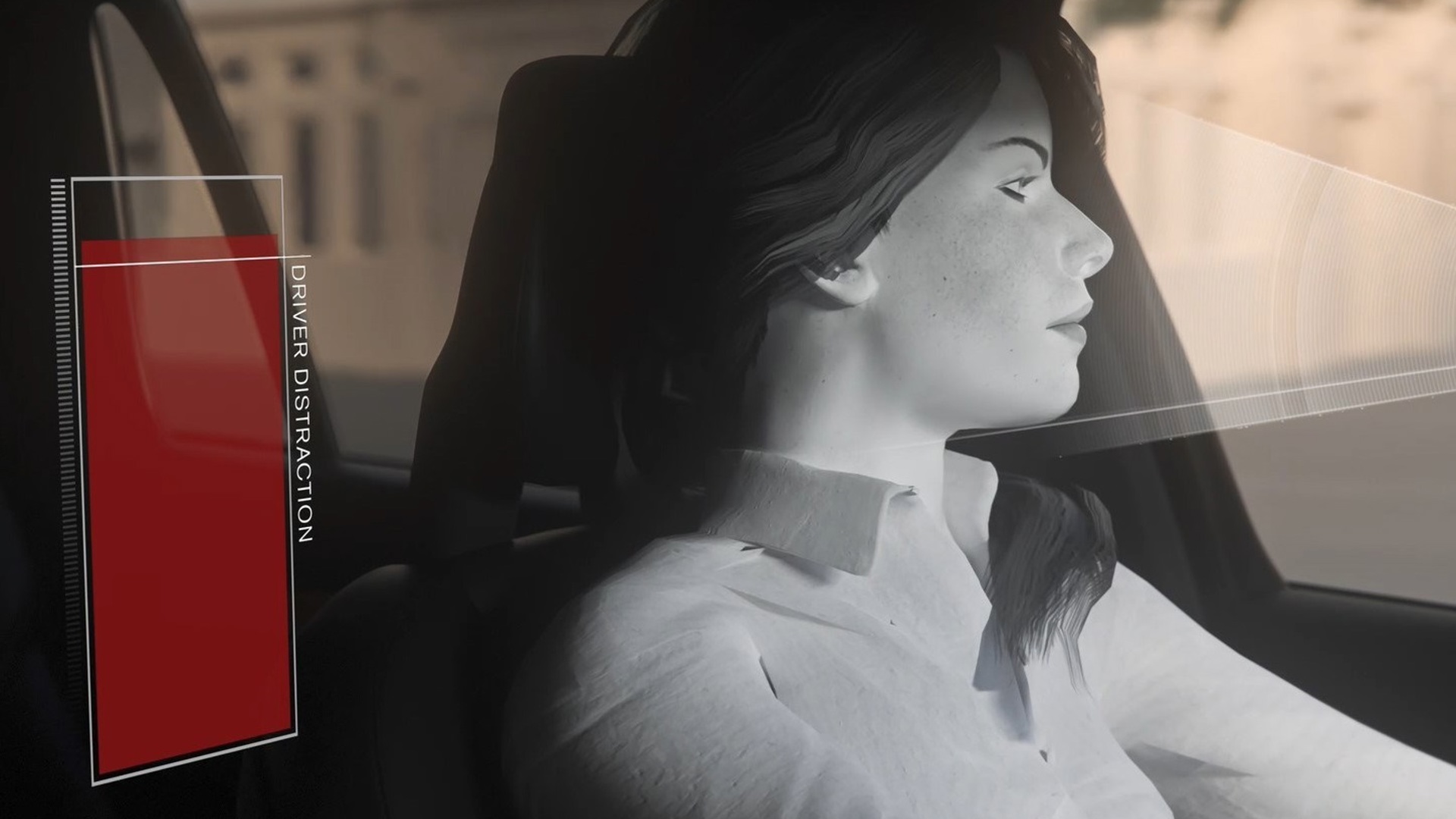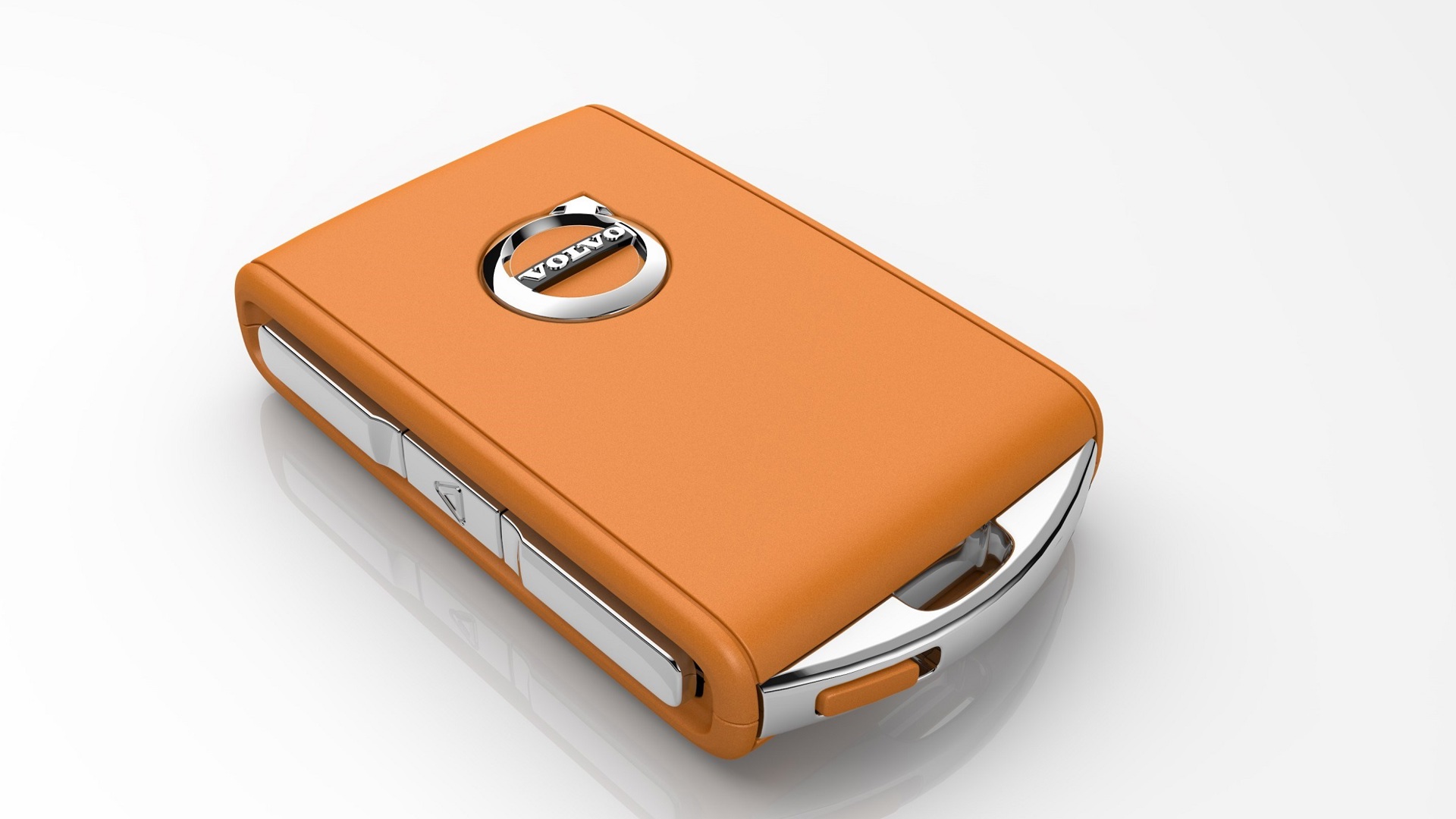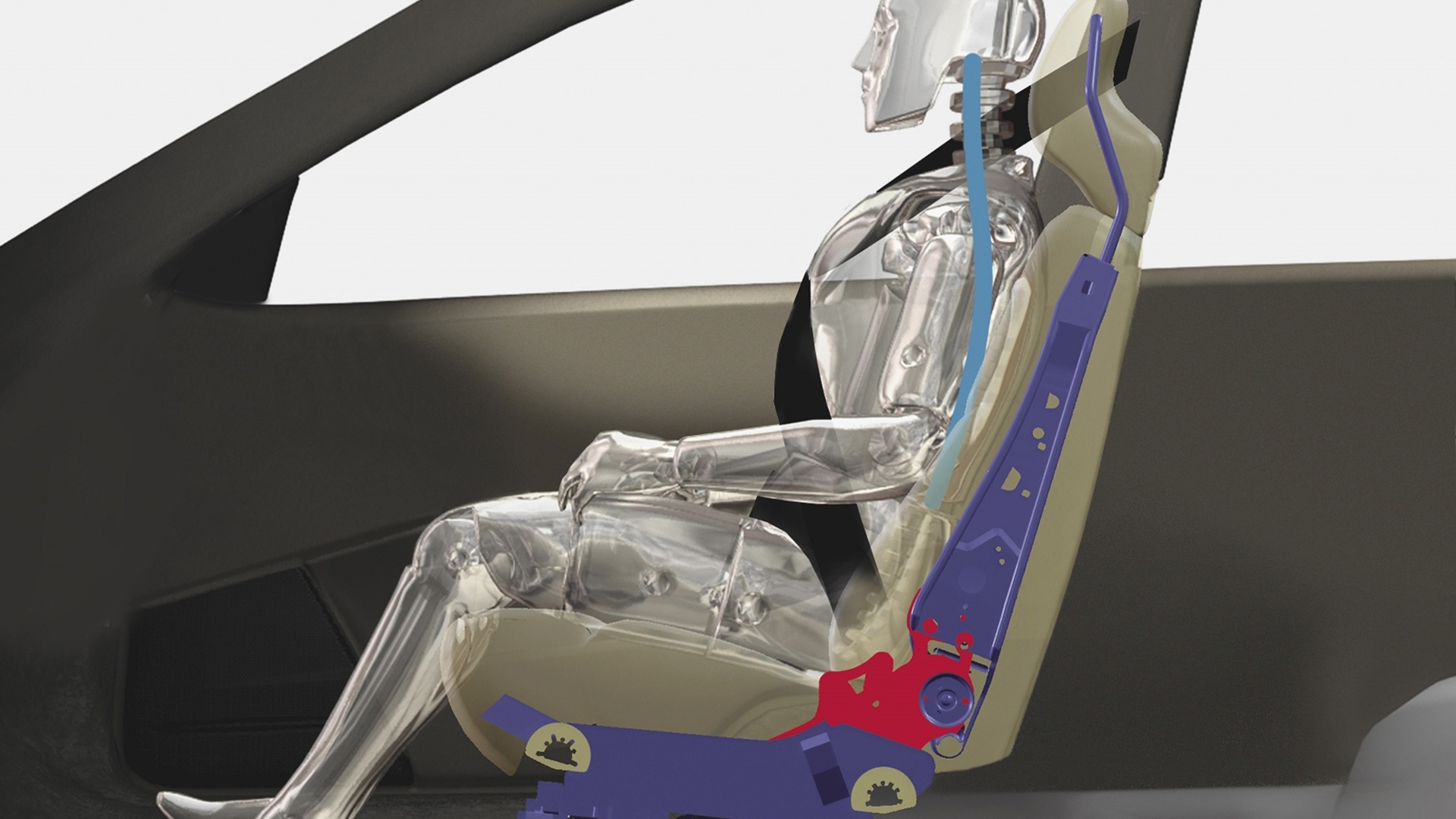Volvo today announced three safety-related initiatives it says are the next steps in its goal of eliminating traffic fatalities, including two safety features to be introduced in its vehicles in the early 2020s that support better driver behaviour.
The Swedish automaker has launched Project E.V.A. to address inequality in vehicle designs that make a woman more likely to be injured in a crash than a man. Through this initiative, Volvo is sharing decades worth of data gathered from collision tests it has conducted with the rest of the auto industry to better understand how car safety features can help protect men and women equally.
"We have data on tens of thousands of real-life accidents to help ensure our cars are as safe as they can be for what happens in real traffic," says Lotta Jakobsson, professor and senior technical specialist at Volvo Cars Safety Centre. "This means our cars are developed with the aim to protect all people, regardless of gender, height, shape or weight, beyond the 'average person' represented by crash test dummies."
Volvo calls out its WHIPS whiplash protection system, introduced in 1998, as the first technology to reach its production cars as a result of its equality-based research.
Volvo’s other two announcements preview safety features the company will introduce in the next few years.
One is a system of in-car cameras and sensors designed to detect an intoxicated or distracted driver. The cameras would watch for drivers whose eyes remain closed or who provide no steering input for extended periods.
Upon noting such signs, the driver monitoring system would intervene by slowing the car, automatically alerting Volvo on Call and, if necessary, safely stopping and parking the car. Volvo says it will have more details to share closer to the system’s introduction, which it says will coincide with the arrival of its second-generation SPA2 vehicle platform in the “early 2020s.”
The last of Volvo’s safety developments is the Care Key. Set to become standard in all Volvos starting with the 2021 model year, it’s a passive entry key fob that will allow an owner to set a speed limit on the vehicle for themselves or anyone else who will be using the car. This feature follows on the company’s recent announcement that all of its cars sold from 2020 will be limited to a top speed of 180 km/h. Together, Volvo says these initiatives “send a strong signal about the dangers of speeding.”




